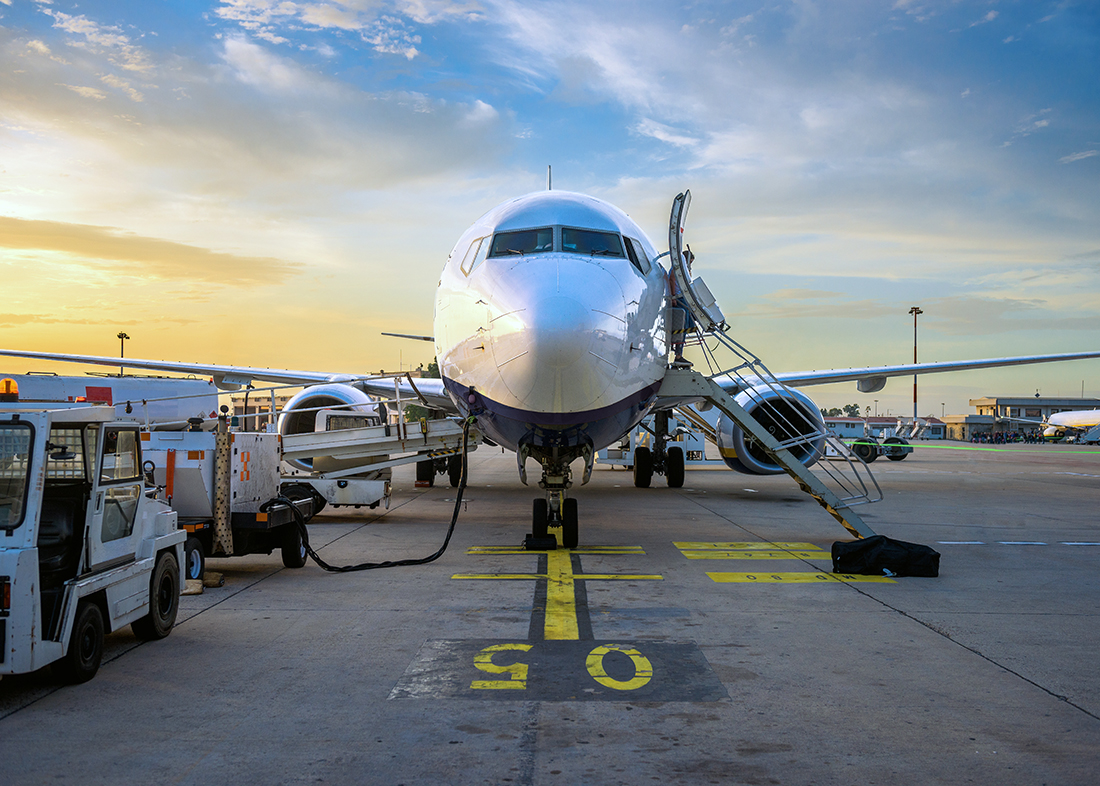
Towards Net-Zero Aviation: Understanding the ReFuelEU Aviation Initiative


ReFuelEU Aviation (RFEUA) is an important element of the European Union’s (EU) ambitious climate policy, designed to significantly reduce carbon emissions in the aviation sector. Launched as part of the “Fit for 55” package, presented by the European Commission in July 2021 and adopted in October 2023, the package aims to enable the EU to reduce net greenhouse gas emissions by at least 55% by 2030 compared to 1990 levels and to achieve climate neutrality in 2050.
ReFuelEU Aviation seeks to decarbonize the aviation sector by requiring a minimum supply of Sustainable Aviation Fuels (SAF) across union airports. The initiative focuses on non-uniform tankering practices and progressive targets for aviation fuel suppliers, mandating an increasing proportion of SAF to be blended with conventional fuels, including synthetic options, at Union airports.
Traditional aviation fuels (Jet A/Jet A1) significantly contribute to carbon emissions, and with the increasing demand for air travel, there is an increasing urgency to shift to sustainable alternatives. Current tankering practices intensify the problem. Tankering involves an aircraft carrying more fuel than necessary to avoid refueling at destinations where fuel might be more expensive. While economically beneficial, this practice increases the overall weight of aircraft, leading to higher fuel consumption and, consequently, more emissions.
ReFuelEU Aviation addresses these issues by setting clear requirements for aircraft operators to uplift at least 90% of the required fuel for a trip at a union airport. The operators need to calculate the required fuel using two main components, the trip fuel and the taxi fuel from their flight plans. In addition, to simplify the reporting, the tool by EASA is now available on EASA’s website via invitations from competent authorities. As of September 2024, the Competent Authorities can review the exemption requests submitted by the aircraft operators through the ReFuelEU Aviation Sustainability Portal. The voluntary Labelling Scheme data reporting for aircraft operators will also be possible through future updates on the Sustainability Portal.
Where:
Non-Tanked Quantity is Difference between the yearly aviation fuel required and the actual fuel uplifted by an aircraft operator for the flights departing from union airport.
Where:
Non-complaint quantity of fuel is simply the unjustified tankered fuel quantity other than safety and required (trip + taxi) fuel.
In conclusion, ReFuelEU Aviation is a key initiative that harmonizes market competition with sustainable development goals by requiring the use of Sustainable Aviation Fuels (SAF). The regulation guarantees fair competition among airlines across the EU while promoting the adoption of SAF. By encouraging the use of SAF and addressing tankering practices, ReFuelEU Aviation advances the EU’s broader climate targets and establishes a global standard for the aviation industry’s shift toward more sustainable practices.